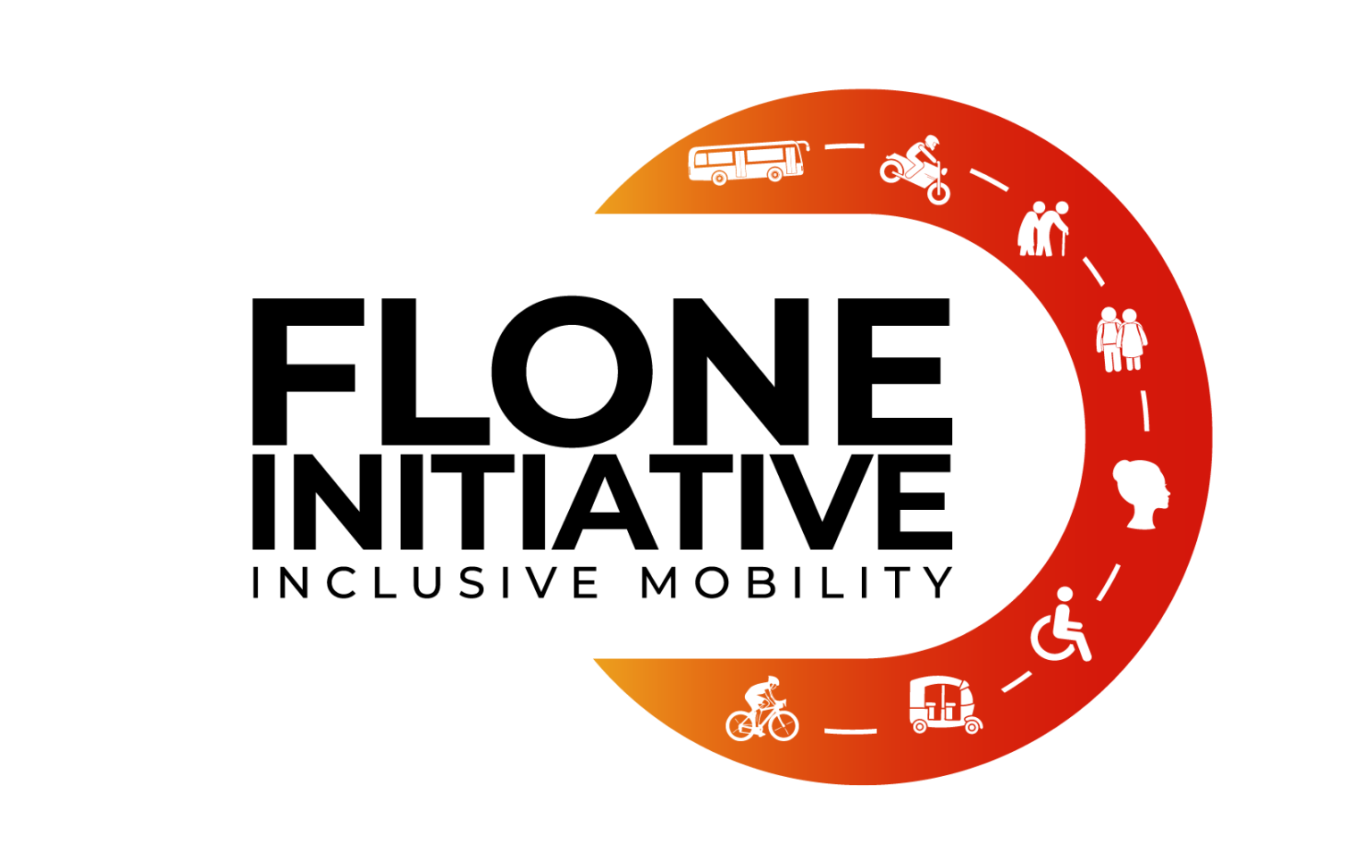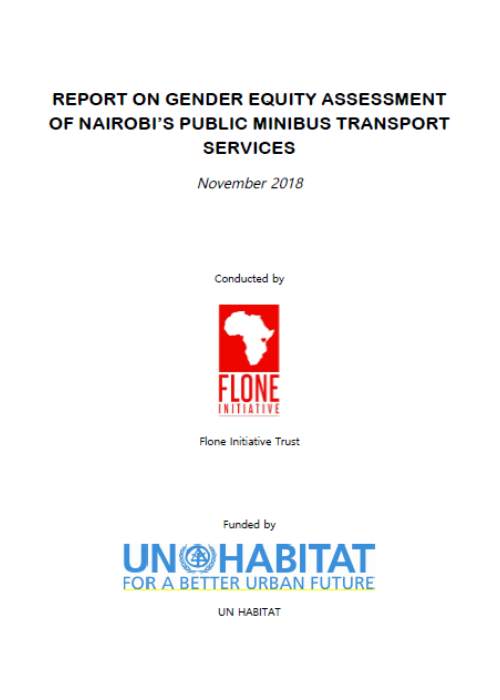The necessity of public transportation for accessing economic, educational, and social opportunities is undeniable. However, across the globe, public transportation has been found to be significantly less safe for women compared to men. Historically, the public transportation industry in many African cities has been dominated by men. As more women seek employment opportunities, they are entering the transportation sector. Yet, they encounter numerous challenges due to gender biases and low representation. Strengthening women’s presence within the transport industry is crucial for creating safer public spaces and improving mobility for everyone. The Flone Initiative aims to address gender equity and professionalism in public transport, leveraging existing partnerships to advocate for policies ensuring safe spaces for women and enhancing their economic participation in the industry.
To assess gender inequalities in Nairobi’s minibus public transport sector, a Gender Equity Assessment was conducted. This evaluation focused on understanding existing policies affecting women’s employment, retention, promotion, safety, and addressing sexual harassment issues. The minibus transport vehicles in Nairobi, commonly known as “matatus,” are managed by Savings and Credit Cooperatives (SACCOs). The study involved a comprehensive literature review and in-depth interviews with 104 matatu drivers and conductors from three selected SACCOs: Kenya Bus Service (KBS), KANI SACCO, and INDIMANJE SACCO.
The findings highlighted various challenges hindering women’s recruitment, retention, and advancement in the industry, leading to their low representation. Although SACCO managers, all of whom were men, acknowledged the competence of women as employees, there was a clear bias towards hiring men, influenced by gender norms and stereotypes. Additionally, the assessment revealed the absence of specific sexual harassment policies or reporting mechanisms within SACCO management.
Based on these findings, the “Gender Sensitive Mini-Bus Services and Transport Infrastructure for African Cities Toolkit” was developed. This toolkit provides recommendations derived from the research to improve labor conditions for women in the transportation sector.

